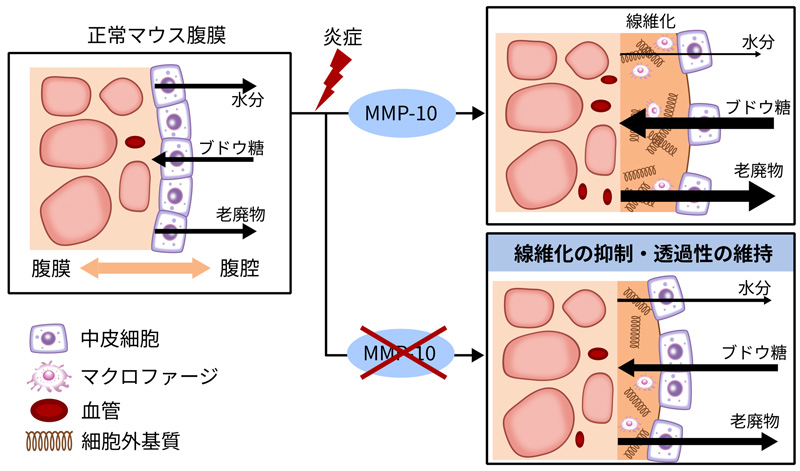2023-08-31 インペリアル・カレッジ・ロンドン(ICL)
◆この調査は、世界各国で540万人以上の患者を対象にした以前の研究をレビューして行われました。COVID-19の影響で仮想診療が増加し、英国では70%、アメリカでは65%が仮想診療に移行しました。
◆研究者は、遠隔診察が特定の条件において対面診察と同等の効果を持つことを示唆し、医療効率向上やコスト削減の可能性がある一方、機密保持やデータセキュリティなどの懸念も存在することを指摘しました。
<関連情報>
- https://www.imperial.ac.uk/news/247253/remote-gp-appointments-effective-in-person-care/
- https://www.jmir.org/2023/1/e48920
バーチャル診察がプライマリ・ケアの質に与える影響: 系統的レビュー The Impact of Virtual Consultations on the Quality of Primary Care: Systematic Review
Kate Campbell; Geva Greenfield; Edmond Li; Niki O’Brien; Benedict Hayhoe; Thomas Beaney; Azeem Majeed; Ana Luísa Neves
Journal of Medical Internet Research Published:30.8.2023
DOI:https://preprints.jmir.org/preprint/48920

Abstract
Background:The adoption of virtual consultations, catalyzed by the COVID-19 pandemic, has transformed the delivery of primary care services. Owing to their rapid global proliferation, there is a need to comprehensively evaluate the impact of virtual consultations on all aspects of care quality.
Objective:
This study aims to evaluate the impact of virtual consultations on the quality of primary care.
Methods:
A total of 6 databases were searched. Studies that evaluated the impact of virtual consultations, for any disease, were included. Title and abstract screening and full-text screening were performed by 2 pairs of investigators. Risk of bias was assessed using the Mixed Methods Appraisal Tool. A narrative synthesis of the results was performed.
Results:
In total, 30 studies (5,469,333 participants) were included in this review. Our findings suggest that virtual consultations are equally effective to or more effective than face-to-face care for the management of certain conditions, including mental illness, excessive smoking, and alcohol consumption. Overall, 4 studies indicated positive impacts on some aspects of patient-centeredness; however, a negative impact was noted on patients’ perceived autonomy support (ie, the degree to which people perceive those in positions of authority to be autonomy supportive). Virtual consultations may reduce waiting times, lower patient costs, and reduce rates of follow-up in secondary and tertiary care settings. Evidence for the impact on clinical safety is extremely limited. Evidence regarding equity was considerably mixed. Overall, it appears that virtual care is more likely to be used by younger, female patients, with disparities among other subgroups depending on contextual factors.
Conclusions:
Our systematic review demonstrated that virtual consultations may be as effective as face-to-face care and have a potentially positive impact on the efficiency and timeliness of care; however, there is a considerable lack of evidence on the impacts on patient safety, equity, and patient-centeredness, highlighting areas where future research efforts should be devoted. Capitalizing on real-world data, as well as clinical trials, is crucial to ensure that the use of virtual consultations is tailored according to patient needs and is inclusive of the intended end users. Data collection methods that are bespoke to the primary care context and account for patient characteristics are necessary to generate a stronger evidence base to inform future virtual care policies.


